
🌺Trishund Ganpati Mandir Pune🌺
The temple is called Trishund Ganpati as it has the idol of Sri Ganesha with three trunks and six hands, seated on a peacock. This depiction of the deity is not found anywhere else in the country.

The temple is called Trishund Ganpati as it has the idol of Sri Ganesha with three trunks and six hands, seated on a peacock. This depiction of the deity is not found anywhere else in the country.
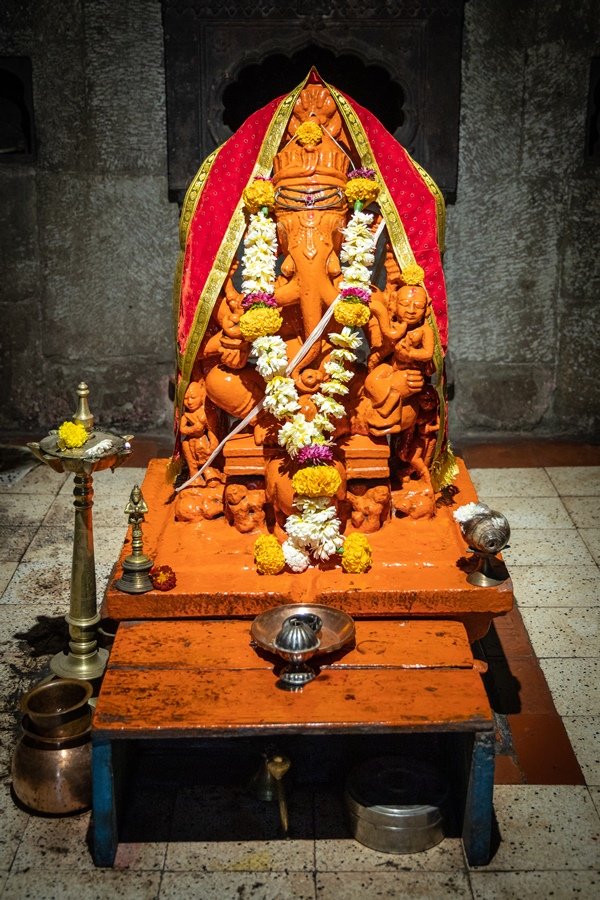

The temple has been constructed on a high platform and has a small courtyard around it which is often decorated with earthen diyas, lights and flowers on special occasions or festivals. The temple also has images and sculptures of Bhagwan Shiv on the outside. 

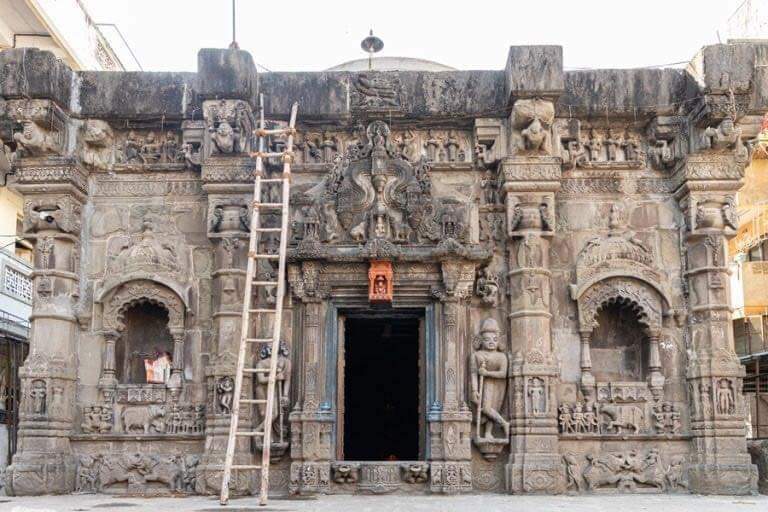

Some even say that the original plan was to dedicate the temple to Bhagwan Shiv. At the entrance of the temple, you can also find sculptures of Goddess Lakshmi, the Goddess of prosperity flanked by two elephants. 

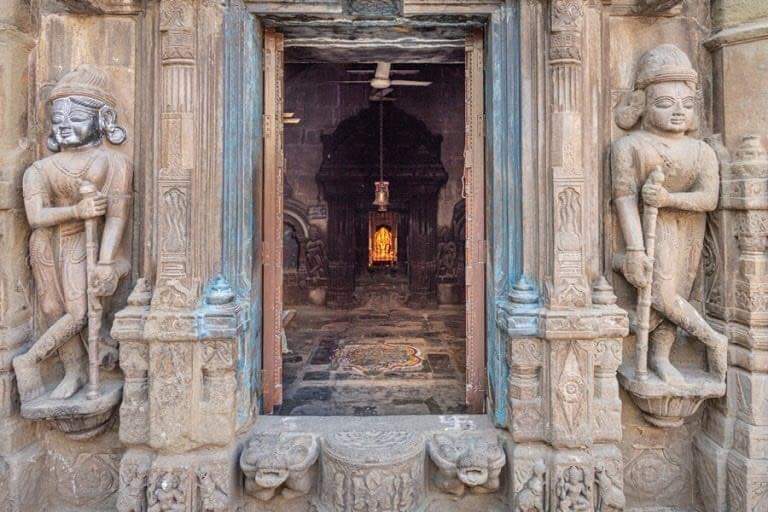

Another intriguing part of the temple is the fact that it has three inscriptions on the wall of the sanctum of the temple. While two of them are in Devanagari script and Sanskrit language, one of them is interestingly in Persian script. 

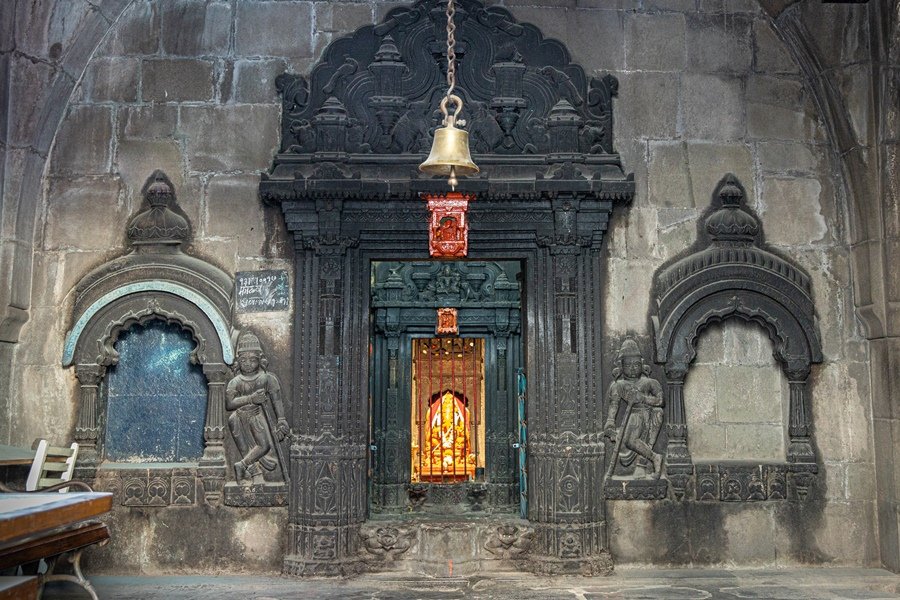

The first inscription talks about the foundation of Rameshwara and the story of the inspection of the temple in 1754. While on the second and inscriptions you can find verses from Bhagavad Gita and story about the construction of Gurudev Datta temple respectively. 

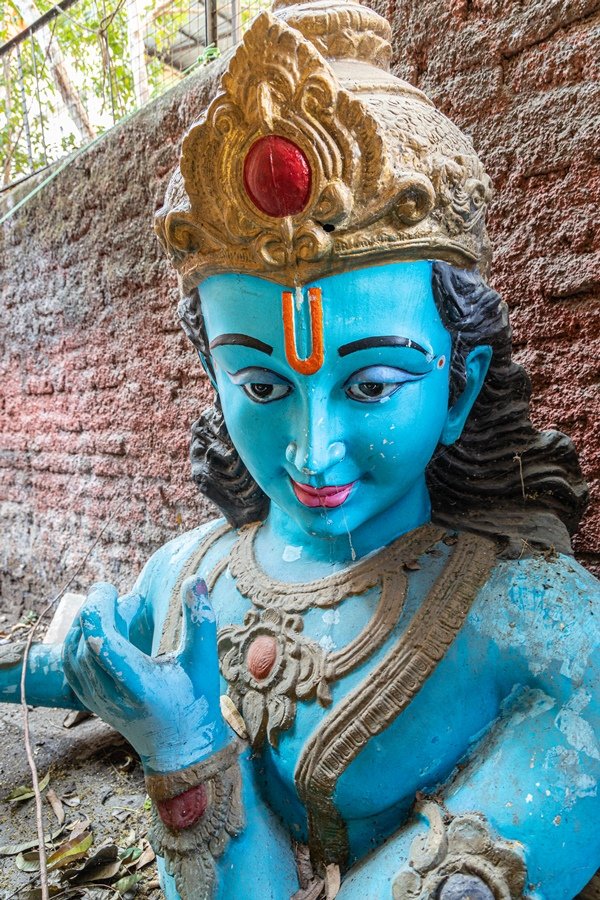

That’s not all, the temple also has some inscriptions from the British era as well. In one of the sculptures, in the front of the temple, you can see a rhinoceros being tied tight with iron chains by the British soldiers. 

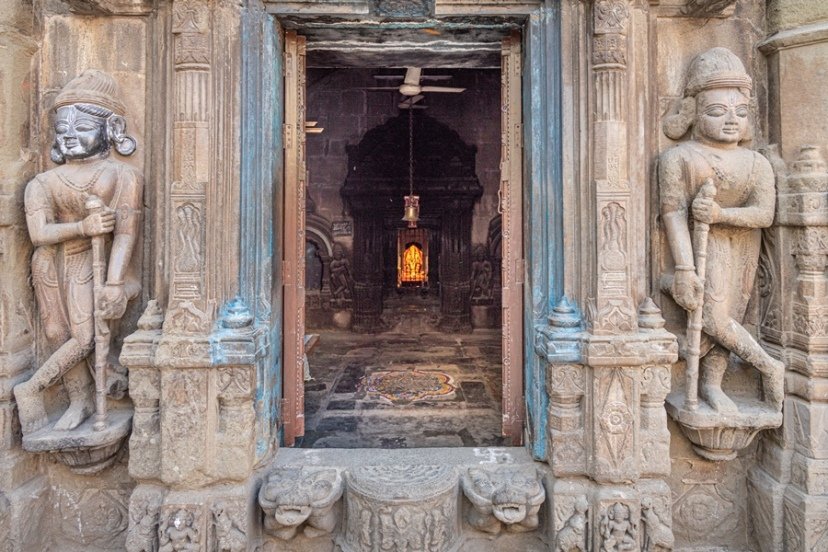

The depiction revolves around the fact that after the battle of Plassey in 1757, the English captured Bengal and Assam and since rhinos symbolise Assam, the depiction narrates the story of the state. 



The design and architecture of the temple is a mix of three architectural styles- Rajasthani, Malwa and South Indian styles and even after centuries, the beauty of the temple is intact. 



• • •
Missing some Tweet in this thread? You can try to
force a refresh






















